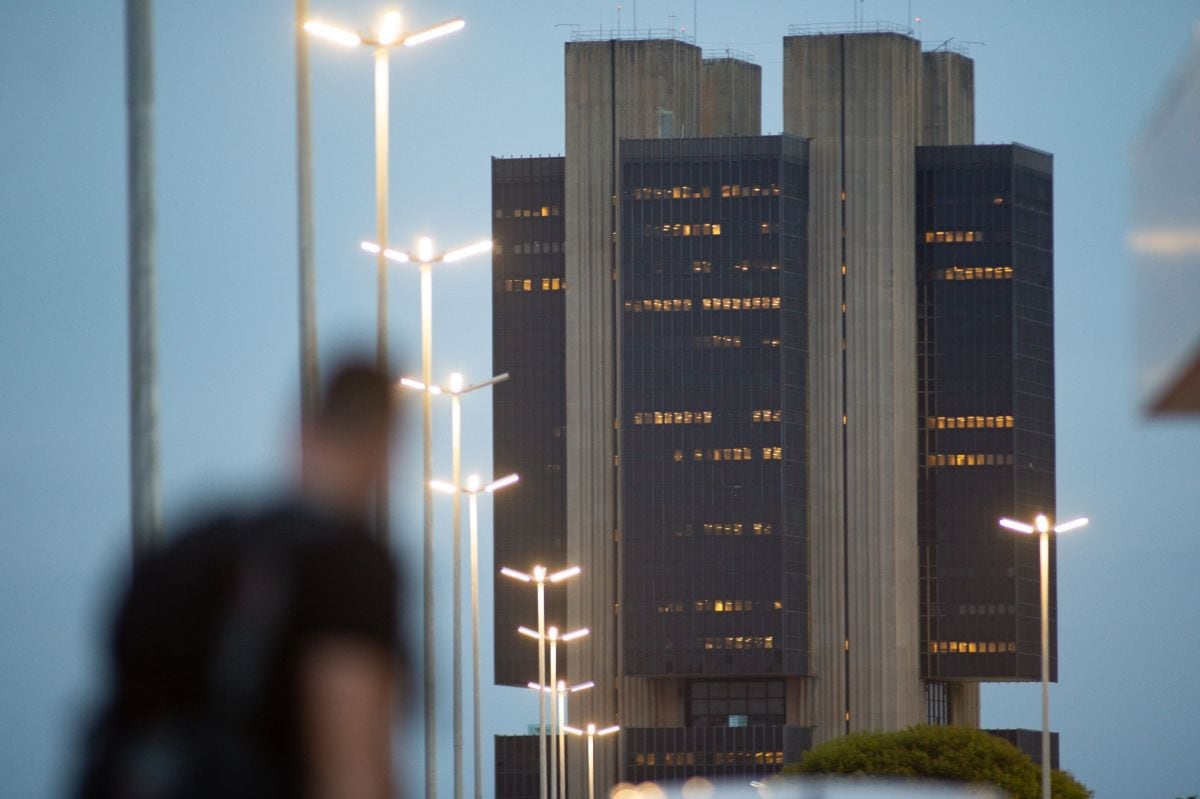
On the eve of the monetary policy decision, Brazilian President Luiz Inácio Lula da Silva intensified criticism of the country’s central bank, calling it “irresponsible” for keeping borrowing costs to a maximum of six years. The decision is projected to cause no change in the benchmark Selic index.
Lula da Silva said this Tuesday that he will continue “stoking” to the Central Bank until the reference interest rate drops, today at 13.75%, a percentage that he considered “absurd” with the current economic scenario.
“What I find truly absurd is that interest rates are at 13.75%”, Lula said Tuesday in an interview with a local website. That level “does not have logic” because inflation is not caused by excess demand, he said. “I will continue talking about this and fighting to lower interest rates so that the economy recovers investments.
The progressive leader’s statements come the day the Central Bank’s Monetary Policy Committee began a new meeting to decide whether to maintain or modify the rates within a context of strong economic slowdown, which will be known this Wednesday.
The president pointed out that there are no reasons to keep them at 13.75% “at a time when there is no demand crisis”, neither “excess of demand”.
To these criticisms was added this Tuesday the Minister of Finance, Fernando Haddad, who in a symposium in Rio de Janeiro complained that the types are “exaggeratedly high”.
Lula’s government, in power since January 1, has complained on several occasions that the maintenance of rates at 13.75% is negatively affecting growth in Brazil, which will be less than 1% this year. according to the financial market.
The head of state has promised, however, that under his mandate “Brazil will grow again” in a robust way, despite the forecasts of international organizations, which also foresee an expansion of around 1% for this 2023.
The Central Bank, for its part, has resisted loosening the cost of money due to high inflation, currently at 5.60% year-on-year, although with a downward trend, and uncertainty surrounding the fiscal policy of the Lula government. .
Sectors of the left have accused the president of the Central Bank, Roberto Campos Neto, of serving the interests of former president Jair Bolsonaro.
Forecast
The monetary policy authorities led by Roberto Campos Neto are expected to keep rates unchanged at 13.75% for the fifth time in a row on Wednesday. That stance has irritated Lula, who has publicly attacked the central bank since he took office in January, claiming that the institution jeopardizes the economic recovery he promised during his campaign. The gross domestic product (GDP) contracted at the end of last year and analysts forecast an expansion of less than 1% in 2023.
Meanwhile, annual inflation slowed less than expected in February, and most analysts expect consumer prices to rise beyond target through 2025.
In his statements, Lula reiterated his criticism of the autonomy of the central bank. “He needs to control inflation but also take care of jobs, things that do not matter to him”, said Lula in reference to Campos Neto. The president acknowledged that the current law puts the power to remove the head of the central bank in the hands of the Senate.
Lula also said that the government will present its proposal for new public spending rules after he returns from his trip to China this month. The new fiscal framework has been touted by Finance Minister Fernando Haddad as a plan to calm investor concerns about Brazil’s budget and help the central bank cut interest rates.
Key members of Lula’s Workers’ Party have also criticized the central bank in recent weeks, some of them demanding Campos Neto’s resignation. The central bank president has reiterated that he intends to remain in office until his term ends in December 2024.
With information from Reuters and Bloomberg
Source: Gestion
Ricardo is a renowned author and journalist, known for his exceptional writing on top-news stories. He currently works as a writer at the 247 News Agency, where he is known for his ability to deliver breaking news and insightful analysis on the most pressing issues of the day.












